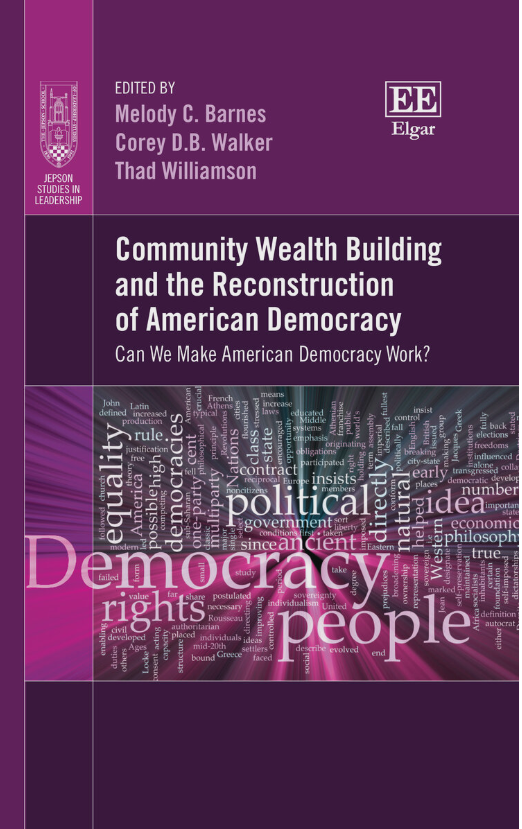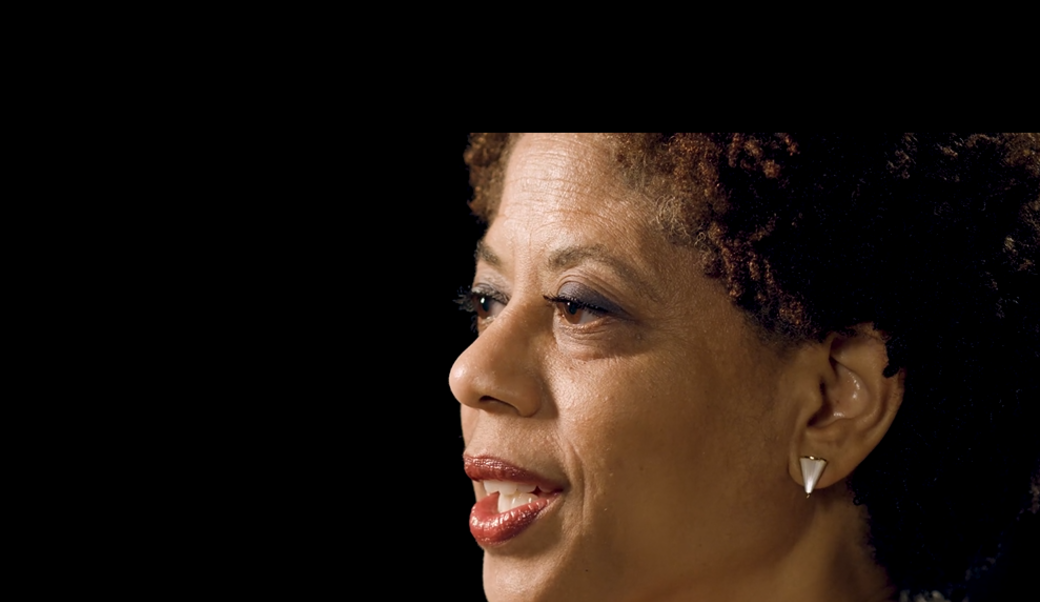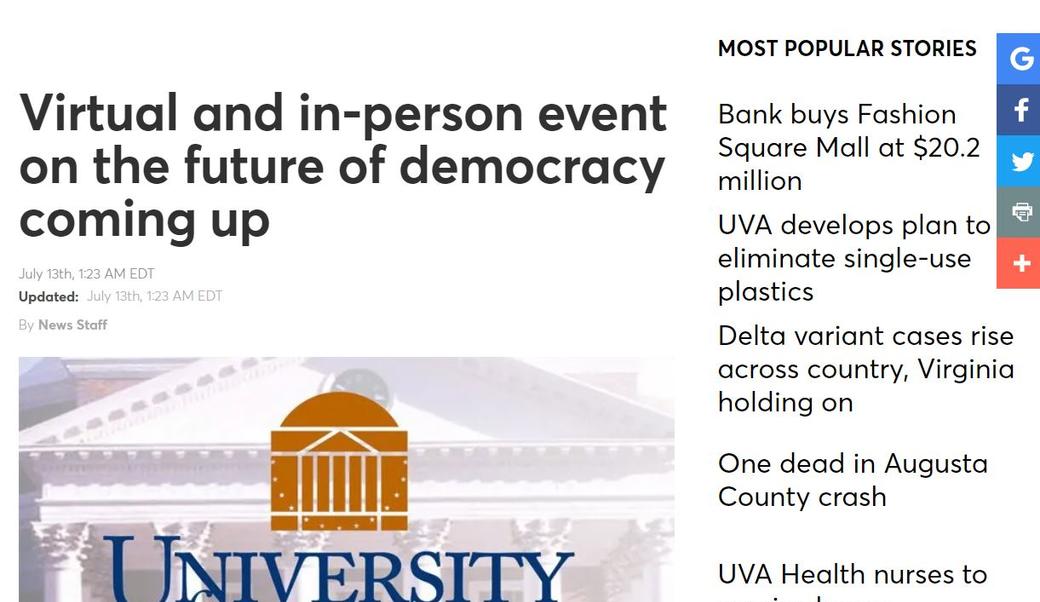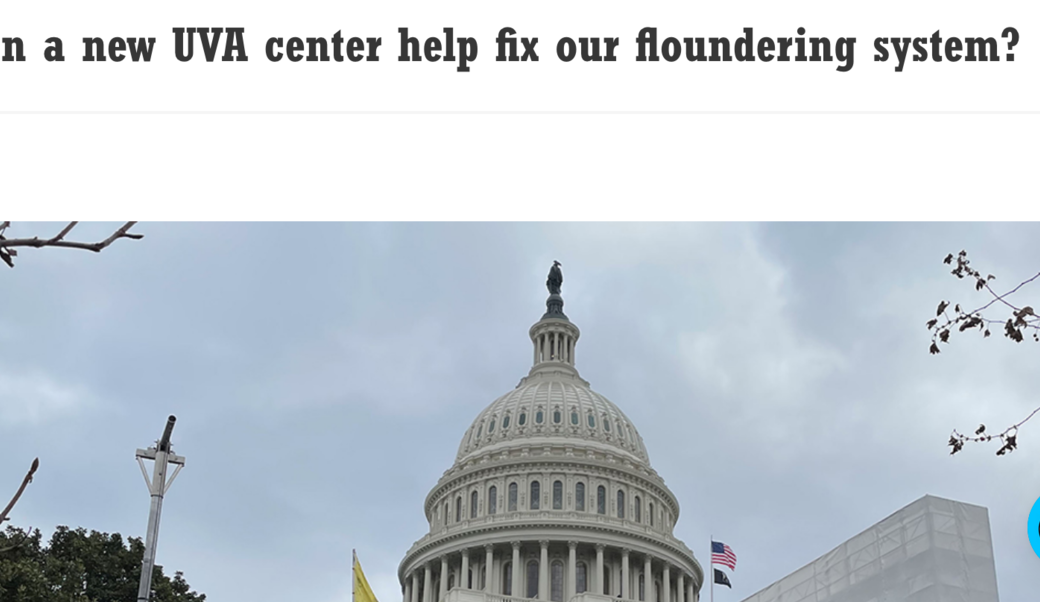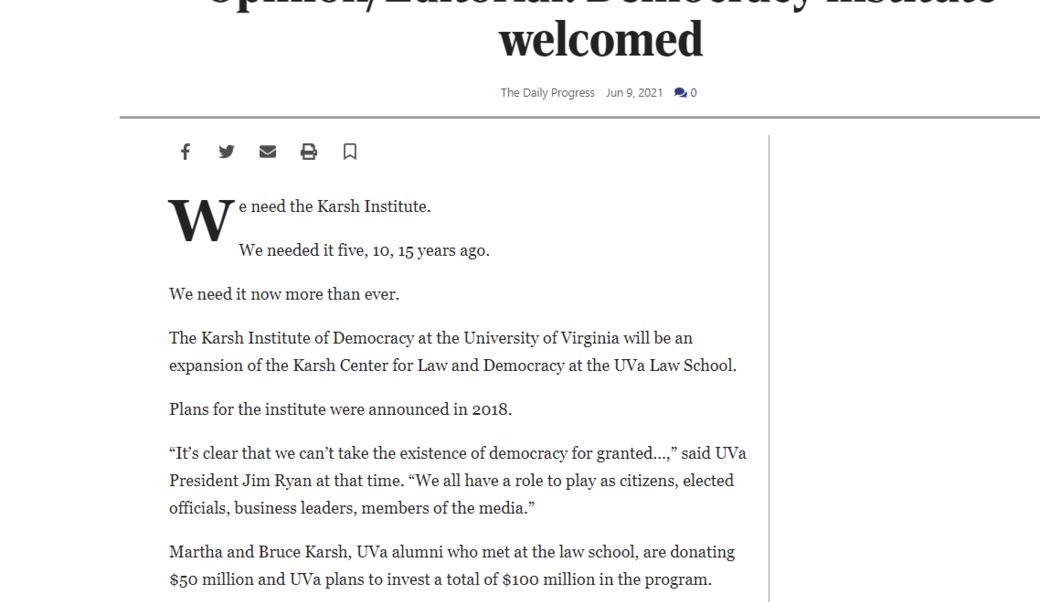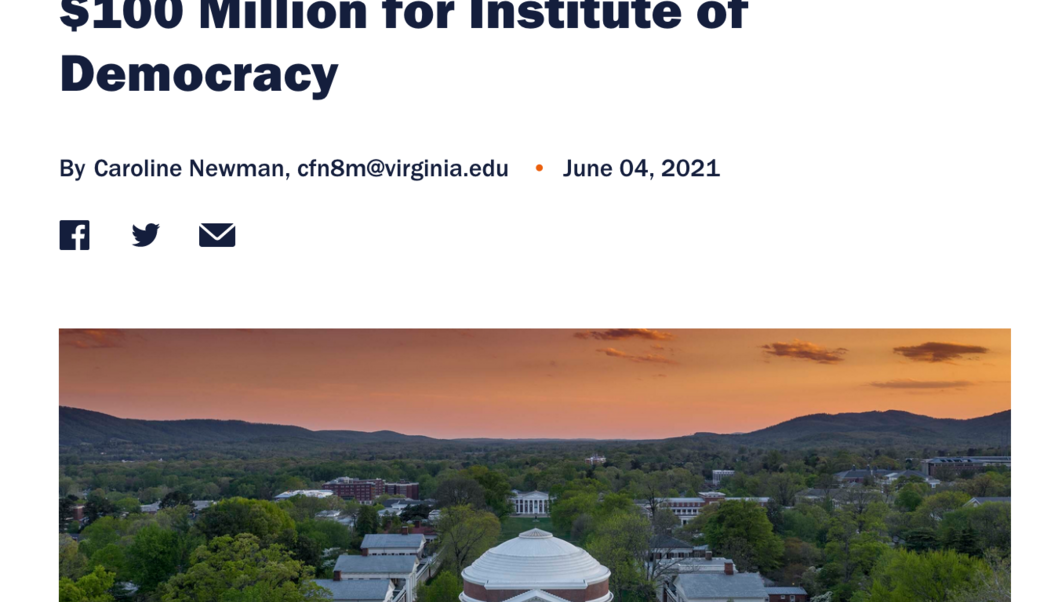Fast Facts
- Director of White House Domestic Policy Council under President Barack Obama
- Former executive vice president of the Center for American Progress
- Chief counsel to Sen. Edward M. Kennedy
- Expertise on democracy, public policy, health policy, civil rights
Areas Of Expertise
- Domestic Affairs
- Health
- Law and Justice
- Social Issues
- Economic Issues
- Leadership
- Politics
- The Presidency
Melody Barnes is executive director of the UVA Karsh Institute of Democracy and a professor of practice at the Miller Center. She is also a distinguished fellow at the UVA School of Law. A co-founder of the domestic strategy firm MB2 Solutions LLC, Barnes has spent more than 25 years crafting public policy on a wide range of domestic issues.
During the administration of President Barack Obama, Barnes was assistant to the president and director of the White House Domestic Policy Council. She was also executive vice president for policy at the Center for American Progress and chief counsel to the late Senator Edward M. Kennedy on the Senate Judiciary Committee. Her experience includes an appointment as director of legislative affairs for the U.S. Equal Employment Opportunity Commission and assistant counsel to the House Judiciary Subcommittee on Civil and Constitutional Rights. Barnes began her career as an attorney with Shearman & Sterling in New York City.
Barnes earned her BA from the University of North Carolina at Chapel Hill, where she graduated with honors in history, and her JD from the University of Michigan. She serves on the boards of directors of several corporate, non-profit, and philanthropic organizations.
